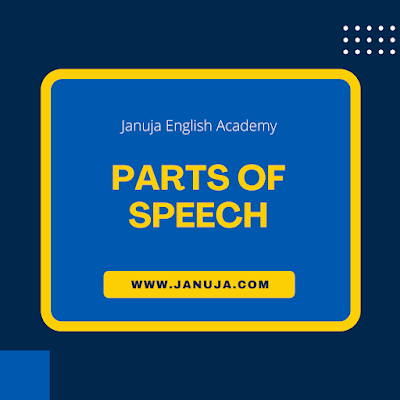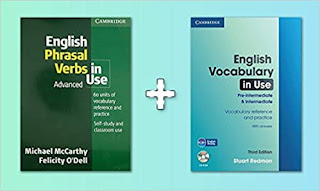Let’s learn ‘Parts of Speech’ briefly today.
Every sentence consists of small parts, i.e., words. Each word of a sentence acts differently according to its role in the sentence. So, we name the word according its role in the sentence. Such type of division is called 'Parts of Speech'.
There are eight parts of speech in the English Language. These are also called ‘word classes’. They are:
1. Nouns
2. Pronouns
3. Verbs
4. Adjectives
5. Adverbs
6. Prepositions
7. Conjunctions
8. Interjections
1. Noun: A noun is the name of a person, place, thing, idea, or emotion.
Examples:
Anupama is a smart girl.
The government has started a new health project.
Hatred does not beget love.
Excessive use of diesel is harming the environment.
( All the highlighted words are nouns )
2. Pronoun: A pronoun is a word which is used in the place of a noun or noun phrase in order to avoid repetition.
Examples:
I met them at the railway station.
Jhansi has got a good rank. She may join the service any time.
He wants his daughter to go along with him.
3. Verb: A verb shows an action or state of being. The verb tells us what someone or something is doing.
Examples:
Meghmani likes the beauty of villages.
Indira is very much worried about her daughter.
I am a teacher.
My brother-in-law will contact you tomorrow.
( is, am, and will are auxiliary verbs and likes, worried, and contact are main verbs )
4. Adjective: An adjective is a word which describes a noun or pronoun. It qualifies or quantifies them. Adds something to their meaning.
Examples:
Khasim is a brave boy.
She is a beautiful girl.
Many people bought the blue socks.
5. Adverb: An adverb is a word which describes or adds to the meaning of a verb, an adjective, or another adverb.
Examples:
The deer ran fast, seeing the tiger.
Those are the emotionally spoken words by Sofia.
Soha got out of the room very quickly.
6. Preposition: A preposition is a word which is placed before a noun or a pronoun and links it with other parts of the sentence. An object of the sentence is generally placed after the preposition.
Examples:
The old man sat under a tree.
There are two 20 books in that box.
Sreya arrived at 5 p.m.
7. Conjunction: Conjunction is the word that joins two or more words, phrases, or clauses. Conjunctions are also known as ‘linkers’.
Examples:
Deeksha brought some mangoes and gave them to her children.
Ketan is not well but attended the meeting.
He is neither intelligent nor hard-working.
8. Interjection: An interjection is a word that expresses some sudden feeling or emotion.
Examples:
Wow! It’s amazing!
My God! I forgot my keys.
Phew! I am glad he fell asleep.
Practice Bits
Identify the parts of speech of the highlighted words in the following sentences.
1. He wants to take her book.
2. Either Krishna or Nitin will attend the party.
3. Sheela stayed quite cool during the crisis.
4. Mounika has disappeared in a few seconds.
5. Rats! I have lost my keys again.
6. Aparna must complete this course to get a job.


